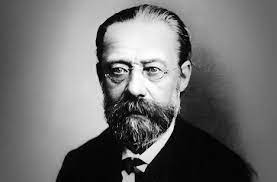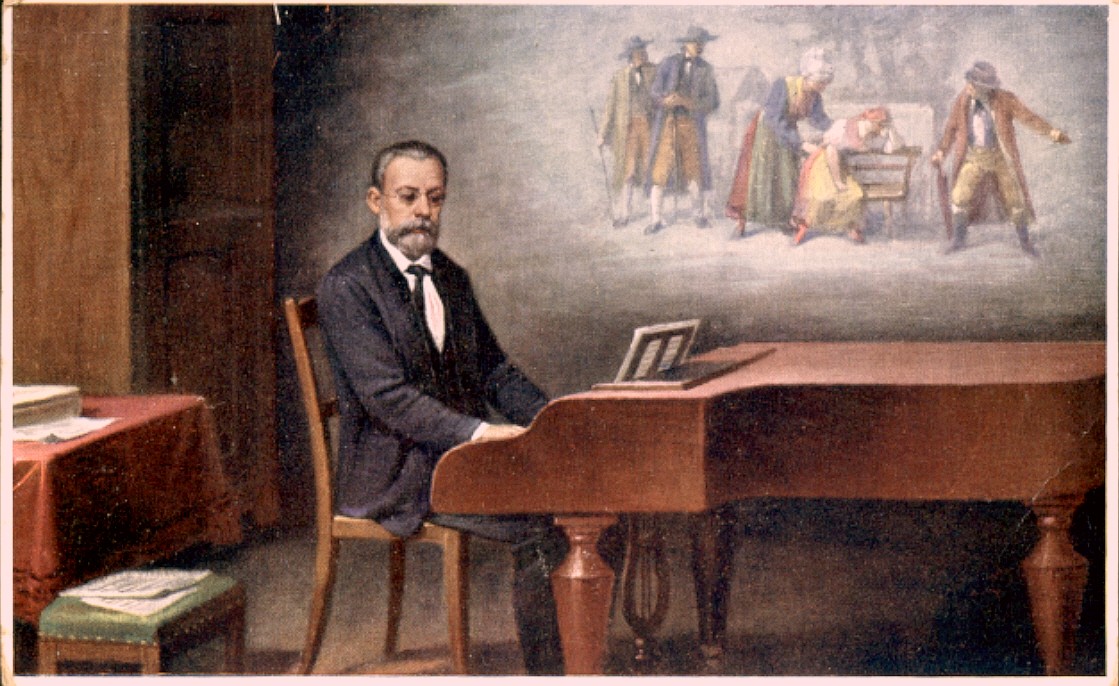Latest Comments

The 5 Best Compositions by Bedřich Smetana
Bedřich Smetana (1824–1884) was a pioneering Czech composer whose music helped define Czech national identity. As a leading figure of the Romantic era, his compositions[…]

Bedřich Smetana – Biography and History
Bedřich Smetana (1824–1884) is celebrated as the father of Czech national music. A pioneering composer, he played a pivotal role in establishing a distinct Czech[…]

5 Fascinating Facts about Bedřich Smetana
Bedřich Smetana, often hailed as the father of Czech national music, was a composer whose works are deeply intertwined with the cultural and historical fabric[…]

The Story Behind Smetana’s Má Vlast
Má Vlast (translated as “My Homeland”) is one of the most celebrated works by Czech composer Bedřich Smetana. Composed between 1874 and 1879, this set[…]

Top 10 Smetana Songs
Bedřich Smetana, a pivotal figure in Czech music, is celebrated for his contributions to the development of a national musical style. His works, often infused[…]

Bedřich Smetana – Biography and Life
Bedřich Smetana (1824-1884) was a pioneering Czech composer whose innovative works played a significant role in the development of Czech classical music. Born on March[…]

Celebrating Bedřich Smetana: The 10 Best Compositions of a Musical Mastermind
Welcome to a journey through the enchanting world of Bedřich Smetana, a legendary Czech composer whose works continue to captivate audiences around the globe. Smetana’s[…]

Bedřich Smetana: The Maestro of Czech Music
Born on March 2, 1824, in the picturesque town of Litomyšl, Bohemia (now part of the Czech Republic), Bedřich Smetana displayed a prodigious musical talent[…]

Smetana – Má Vlast
Bedřich Smetana Má vlast is a set of six symphonic poems composed between 1874 and 1879 by the Czech composer Bedřich Smetana. While it is often[…]

The Best of Smetana
Bedřich Smetana (2 March 1824 – 12 May 1884) was a Czech composer who pioneered the development of a musical style that became closely identified[…]
© 2025 Top Classical Music. Created with ❤ using WordPress and Kubio